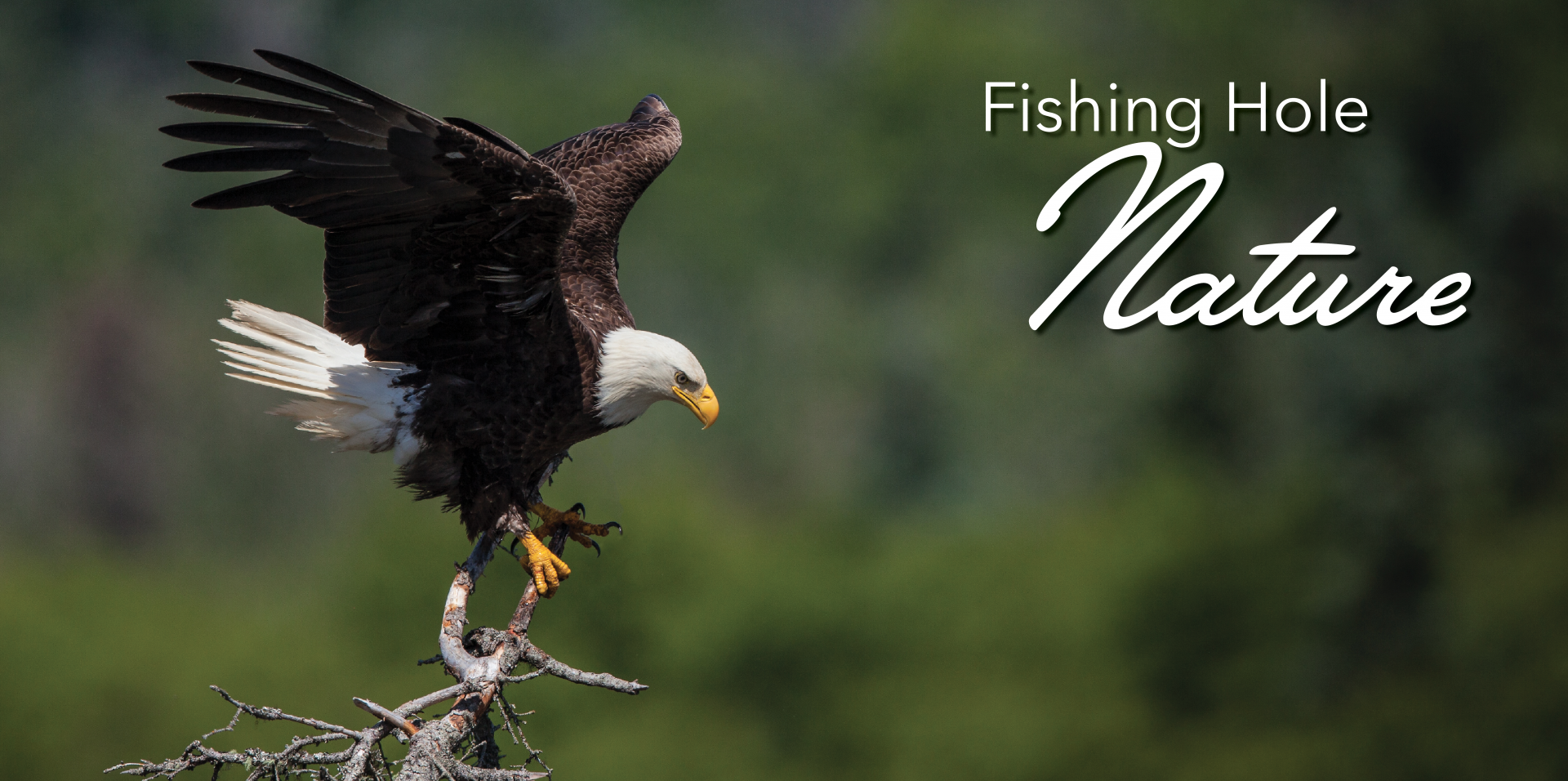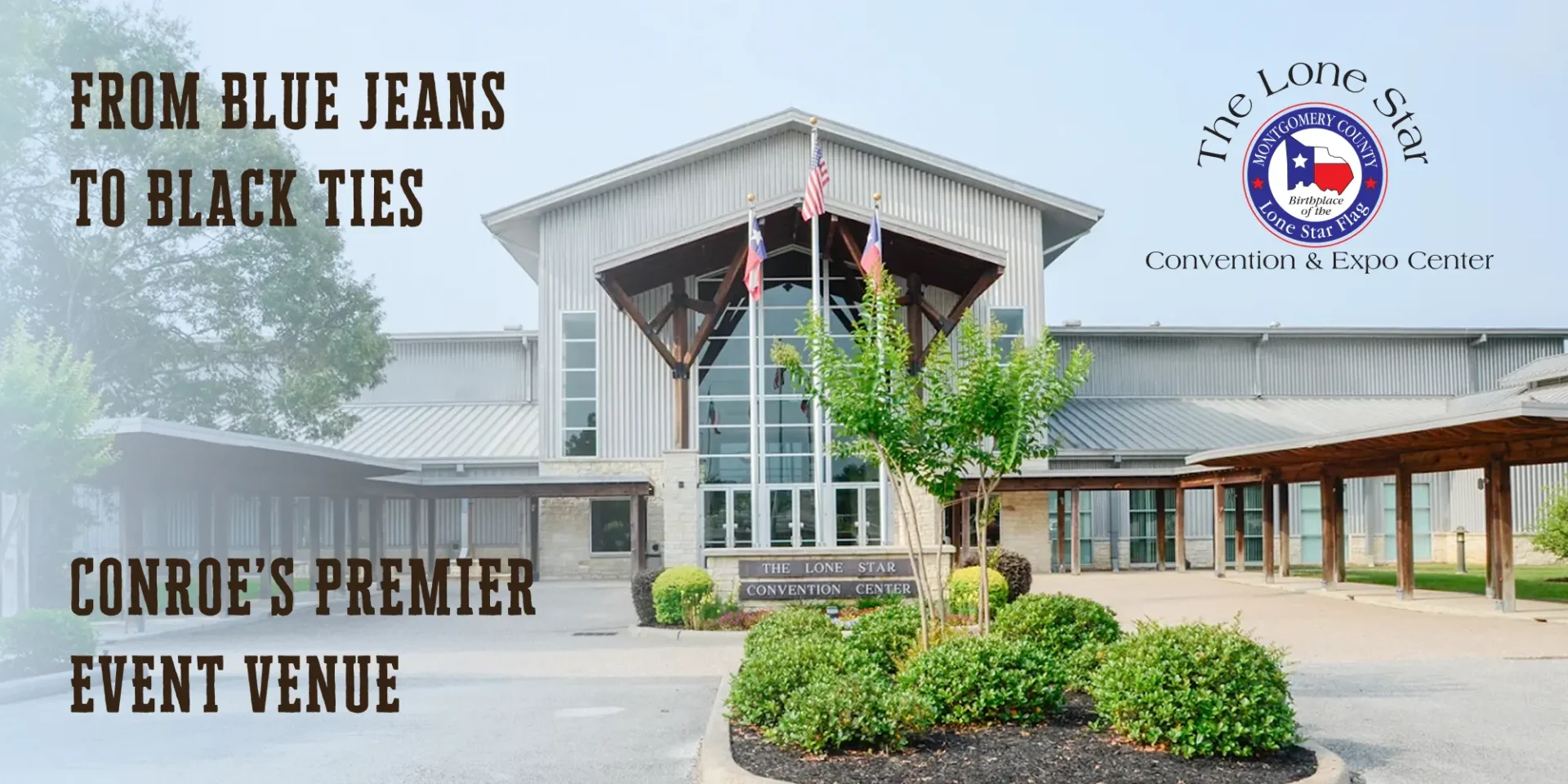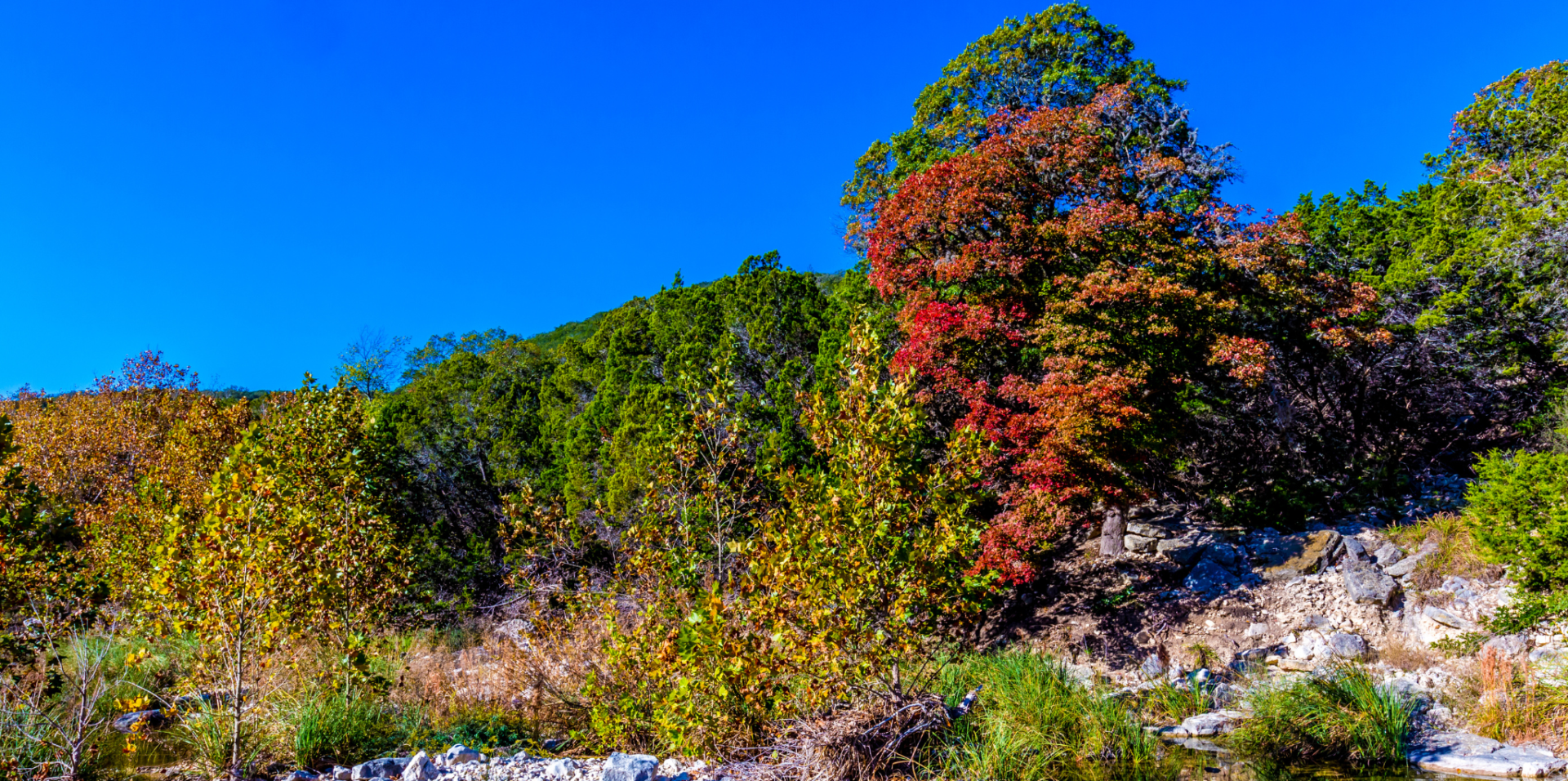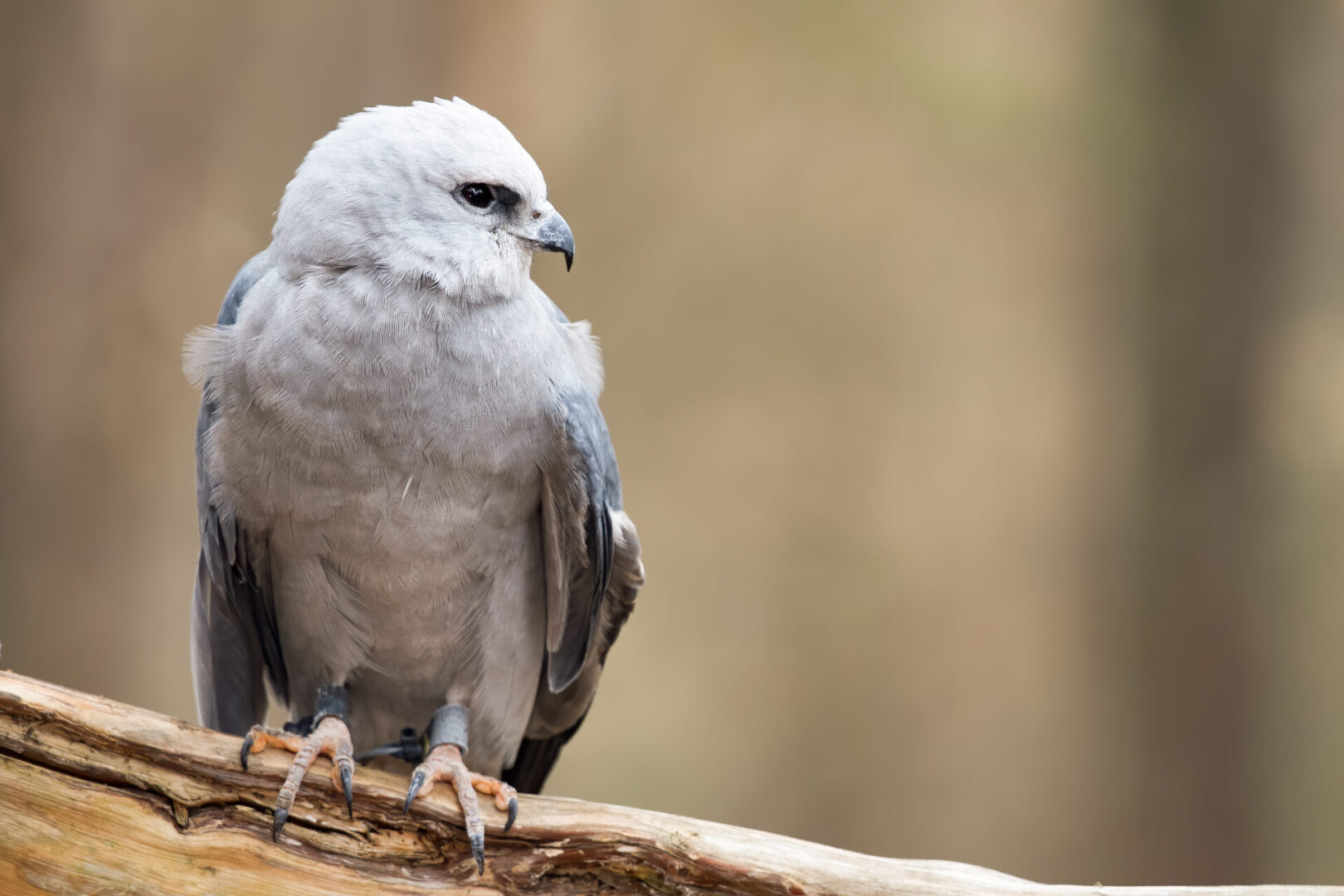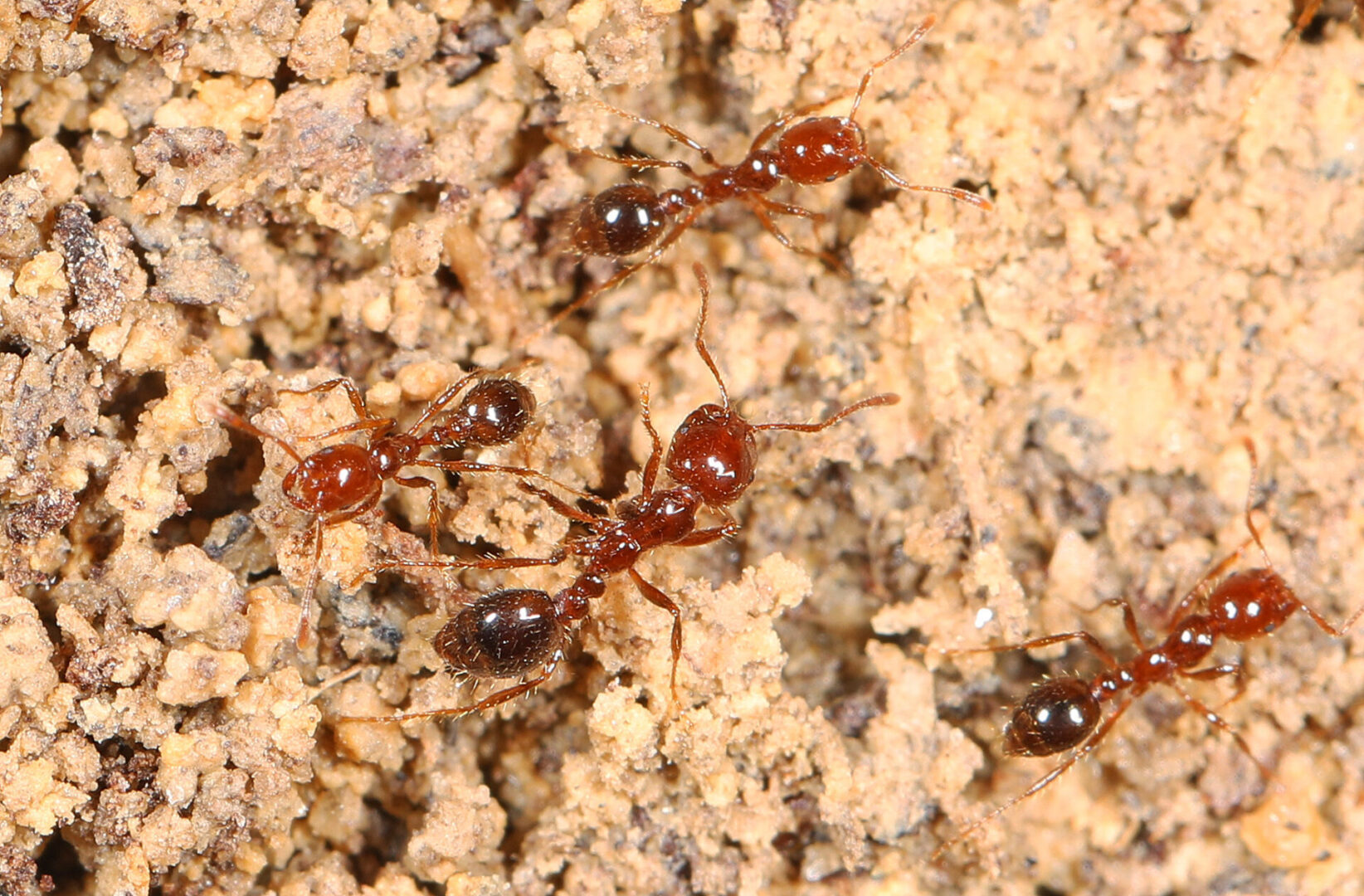Fishing Hole Nature: Celebrating Our Local East Texas Bald Eagles!

We celebrate our country’s independence next month, and what better way to honor the event than with a display of our local bald eagles. They are indigenous only to North America, yet so many of our residents don’t know they are here in East Texas! Powerful, bold and distinctly American these birds are magnificent raptors. However, through the 1800’s and early 1900’s they were chased, hunted and killed by farmers and ranchers. Eagles were just another predator that hurt their livelihoods by taking chickens or killing newborn lambs. Worse still, in the mid-1900’s when DDT was widely used to control insect pests, the eagle population declined even more due to the side effects of weakened eggs. However, things began to change for our national symbol in the 1960’s & 70’s. The bald eagle was declared endangered by the US government and put in protected status. Then, DDT was banned after it was found to cause serious health problems for both animals and people. These protective actions allowed the American Bald Eagle to stage a strong comeback along with all other birds.
Now we have eagles that live and breed all around our local lakes and rivers! Some migrate through on their way to other locations, while some stay year around, and it is a delight to find that dozens of mated pairs nest and raise their chicks throughout East Texas! Our lakes and rivers are powerful draws for these birds because their main food source, fish, is in abundant supply. With a wingspan up to 7-1/2 feet and standing about 3 feet tall, an adult bald eagle is a voracious fish eater. They are opportunistic and will steal catches away from other fishing birds. They also eat carrion, hunt snakes, turtles, rodents and other water birds. Thankfully there is plenty of food for them in our area. Like us, the eagles know Texas is a fine place to live and raise a family!
 Did you know it is illegal to possess even one bald eagle feather? The bald eagle was removed from the Endangered Species list in 2007, but as our national symbol it remains federally protected from hunting, harassment, and all other human interference. All bald eagle feathers are to be turned over to Texas Parks and Wildlife rangers who will send them to the National Eagle Repository in Colorado. This is run by the US Fish and Wildlife Service, and the feathers will be distributed to indigenous tribes for ceremonial purposes.
Did you know it is illegal to possess even one bald eagle feather? The bald eagle was removed from the Endangered Species list in 2007, but as our national symbol it remains federally protected from hunting, harassment, and all other human interference. All bald eagle feathers are to be turned over to Texas Parks and Wildlife rangers who will send them to the National Eagle Repository in Colorado. This is run by the US Fish and Wildlife Service, and the feathers will be distributed to indigenous tribes for ceremonial purposes.
Learn more about the incredible nature in our area by joining a chapter of the Texas Master Naturalist organization.
To find a chapter close to you, or to read about the state program, go online to
https://txmn.tamu.edu. Volunteer and get involved!


